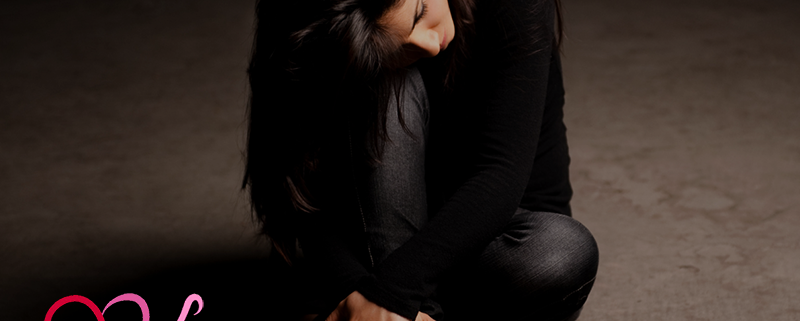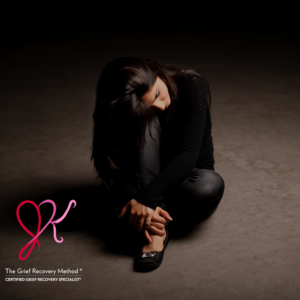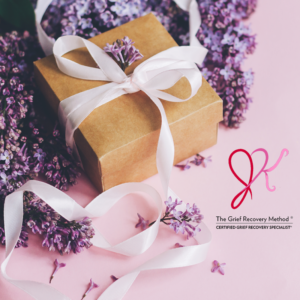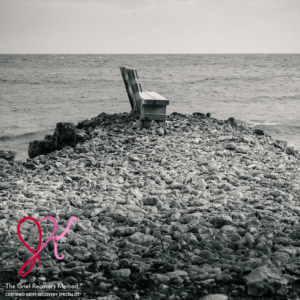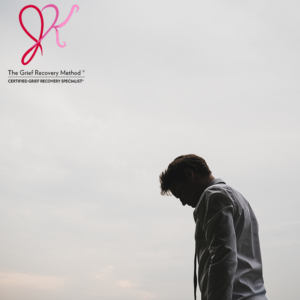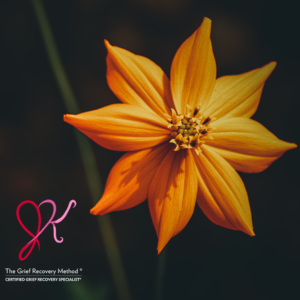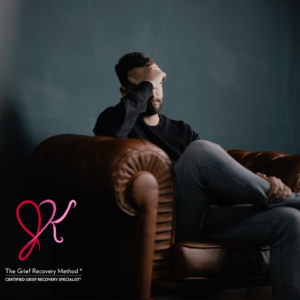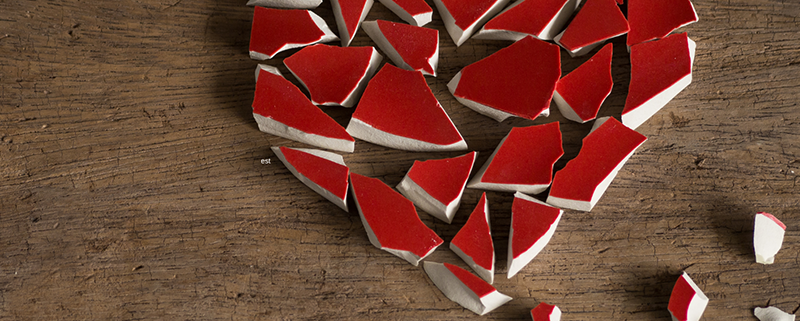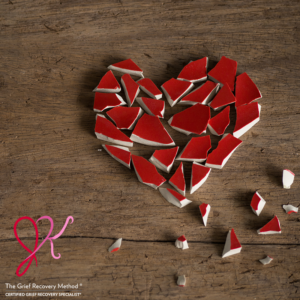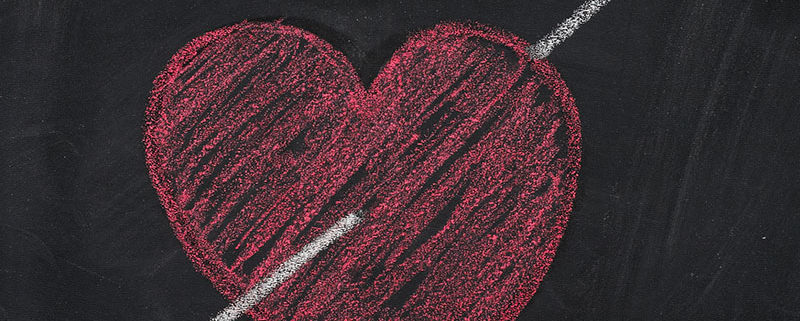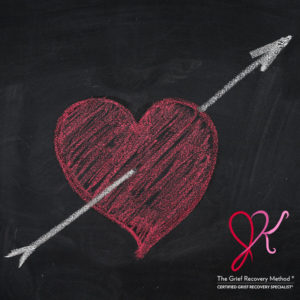Broken Hopes and Dreams
Broken hopes and dreams about a future that will never happen causes grief and can have an effect on your ability for happiness.
Have you ever had big dreams about your future? All the hopes and dreams of what it would be like when you obtain or get those things! We all create hopes, dreams, and expectations for our futures. Some of our well-intentioned plans may involve the dreams of a big career, wealth, marriage & family, an education, a healthy body and the list continues. For many of us, those dreams may never come true, leaving a ton of grief that affects our ability to be happy in life.
Some losses are indisputable like death, divorce and pet loss and yet there are other losses that cause emotional pain but aren’t usually recognized as losses. They’re called “intangible losses.”
Intangible losses are things like loss of trust, loss of safety, loss of security, loss of control, loss of fertility. Loss of hopes, dreams and expectations about the things that may never come to fruition. If you’ve experienced any of these then you know that just because it’s an intangible loss, doesn’t mean it isn’t painful, real or devastating.
An example of an intangible loss is: What if you spent your whole life dreaming about having children. Then find out that you can’t. Your hopes, dreams and expectations of being a parent are crushed, even though you never lost a physical child. Your heart is broken and you’re in emotional pain
Or what if you’re a person who suffered from mental, physical, or sexual abuse or assault. You might not feel safe or secure in this world.
Or what if you never knew your birth parents? You may spend your whole life wondering what your parents were like, what it would have been like to have a relationship with them. No matter what the details of that situation, you too are left with unresolved emotional pain.
Other intangible losses can be the result of your own decisions. What if building your career has been your primary focus and you put marriage and family aside then one day you wake up to realize that although you had an amazing career and a whole lot of fun and freedom in your younger years, you made the conscious decision to put marriage and family on the back burner. That’s an intangible loss.
One thing all of these intangible losses have in common is that they limit the quality of your life and capacity for happiness. Although most of these things are not discussed much, they need to be addressed rather than be stuffed away in silence. Keeping the pain inside limits your life.
Even if you can’t identify exactly what is causing discontent. Most people come to me thinking they will work on one thing then end up working on something totally different. I will help you decide what is limiting your life the most!





